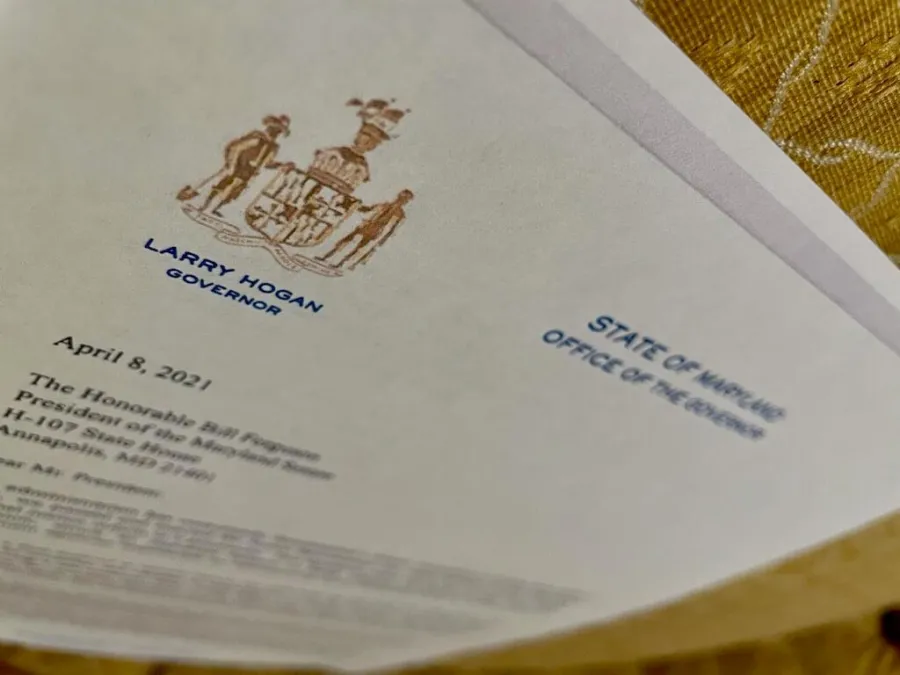Hogan Vetoes Show Governor's Anti-Worker Bias

Friday, May 28 was not a very good day for workers, mass transit, health, and safety nor government transparency and accountability. Governor Larry Hogan ensured this by vetoing some of the most important legislation to come out of the 2021 General Assembly session, including bills that were AFSCME-supported.
To start, Hogan vetoed two AFSCME collective bargaining measures – SB 9, from Sen. Benjamin F. Kramer (D-Montgomery), which would have expanded and consolidated collective bargaining rights on University System of Maryland campuses, and SB 717/HB 904, from Sen. Craig J. Zucker (D-Montgomery) and Del. Tony Bridges (D-Baltimore City), another collective bargaining measure that would have enhanced the union’s ability to engage with newly hired state employees. He also vetoed legislation supported by our sisters and brothers in Council 67, which would have created collective bargaining rights for community college employees.
The governor said these bills “seek to address problems that do not exist and change labor practices that have existed for decades.” And from management’s perspective, that’s probably true. From the perspective of the women and men that keep the State and higher education institutions running in Maryland, these are long overdue changes to create balance and equity between management and labor.
Hogan also vetoed the COVID-19 Testing, Contact Tracing and Vaccination Act of 2021, stating “these misguided bills would revert the State back to the early planning phases of Maryland’s COVID-19 pandemic response efforts by requiring the Maryland Department of Health (MDH) to re-develop its testing, contact tracing, and vaccination plans that have already been serving Marylanders effectively and saving lives for over a year.”
As AFSCME members know all too well, there were no plans for how to handle the pandemic, and it took AFSCME members constantly protesting and demanding plans and PPE to get anything done. This legislation would detail what should be done going forward and is still sorely needed.
Finally, Hogan vetoed legislation requiring prevailing wage be paid on utility projects; enhanced funding to address MTA backlogged work as well as a comprehensive study of Western Maryland MARC rail expansion; and two different procurement rules (remember those failed Korean COVID test kits?) that he says aren’t needed.
Friday wasn’t all negative, as Hogan did “allow” legislation to become law without his signature (a unique Maryland option for governors). Included in that was legislation to mandate telework rules for state and higher education employees be collectively negotiated; the Maryland Health Equity Resource Act to target communities with health disparities; medical debt protection legislation; enhanced funding for county health departments; “line-of-duty” death benefits for qualified state employees stricken down by COVID-19; and the Maryland Essential Workers Protection Act, which includes requirements for employer-provided safety equipment during an emergency at no cost to the employee, development of an emergency temporary standard for COVID-19, and the development of a template health emergency preparedness plan for responding to catastrophic health emergencies.
